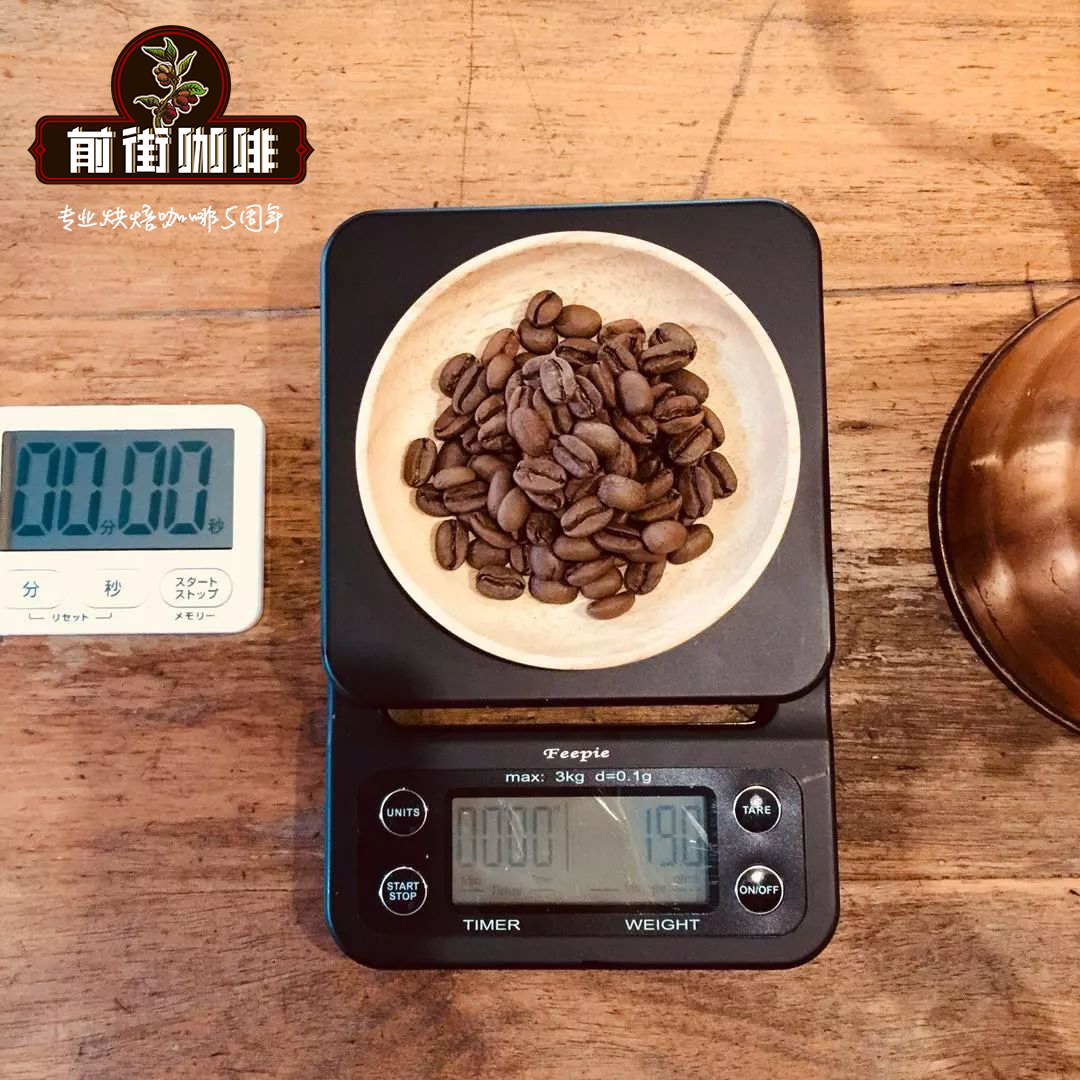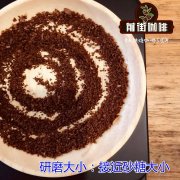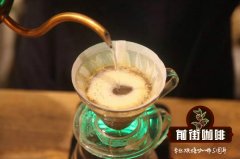The best coffee in Honduras-coffee beans from Edwin Ventura processing plant in Santa Barbara

Professional coffee knowledge exchange more coffee bean information please follow the coffee workshop (Wechat official account cafe_style)
Coffee began to be grown in Honduras in 1804, and now there are 280000 hectares of coffee plantations, all of which are small coffee farmers, who account for 60% of Hongguo's coffee production. Honduras overtook Guatemala in coffee production in 2011 and became the second largest exporter of washed Arabica beans in the world in 2012, after Brazil. It now ranks seventh in global production. 92% of coffee farmers in Honduras are small individuals, and their coffee-related workers account for 12.5% of the total population of 8 million, so coffee is a very important crop in Honduras.
There are six major coffee producing areas in Honduras, such as Copan, Opalaca, Montecillos, Comayagua, Agalta and El Paraico, with an average planting height of 1300 to 1500 meters above sea level. Coffee varieties are 100 per cent Arabica, 69 per cent are HG, 12 per cent are SHG and 19 per cent are CS. The main varieties of coffee are Typica, Bourbon, Caturra, Villa Sarchi and Lempira. Honduran coffee has always been of high quality, and its price is the most competitive in Central American countries. With mild acidity, the palate is full and slightly sweet.
Edwin Ventura Ventura has been growing coffee since 2013, when he entered the coffee world in the picturesque Concepcion del Sur area of Santa Barbara.
On his charming farm, Edwin owns a washing plant and a fermentor. There, he spent 10 to 12 hours dealing with the fresh coffee fruit, and then washed it clean. If the weather is special, he will dry with an African tanning bed for 8 to 10 days.
Because of this fine processing, we have been able to drink the intoxicating coffee of Honduras since the 2017 season. Excellent washing treatment unexpectedly has the taste of grape juice treated by sun / honey and the sweet and sour flavor of ripe cherries.
END
Important Notice :
前街咖啡 FrontStreet Coffee has moved to new addredd:
FrontStreet Coffee Address: 315,Donghua East Road,GuangZhou
Tel:020 38364473
- Prev

Is the coffee good at the Ventura Edwin Ventura processing plant in Santa Barbara, Honduras?
Professional coffee knowledge exchange more coffee bean information please follow the coffee workshop (Wechat official account cafe_style) for many coffee bean-growing countries, this is the existence of a pillar industry. The beans I want to share today are beans from Santa Barbara Ventura, Honduran coffee. In fact, for Honduras, the cultivation of coffee beans definitely has a long experience.
- Next

Rwanda COCAN Kabuga Coffee Cooperative introduces the taste characteristics of coffee produced in Rwanda
For more information on coffee beans, please follow the coffee workshop (Wechat official account cafe_style) the taste of Rwandan coffee varies a lot: cherry, raisin, lime, acrylic, cantaloupe, orange, honey, candy, apricot, plum and so on. In fact, the taste of these fruits are all certified by excellent growing conditions. According to Nationa
Related
- Does Rose Summer choose Blue, Green or Red? Detailed explanation of Rose Summer Coffee plots and Classification in Panamanian Jade Manor
- What is the difference between the origin, producing area, processing plant, cooperative and manor of coffee beans?
- How fine does the espresso powder fit? how to grind the espresso?
- Sca coffee roasting degree color card coffee roasting degree 8 roasting color values what do you mean?
- The practice of lattes: how to make lattes at home
- Introduction to Indonesian Fine Coffee beans-- Java Coffee producing area of Indonesian Arabica Coffee
- How much will the flavor of light and medium roasted rose summer be expressed? What baking level is rose summer suitable for?
- Introduction to the characteristics of washing, sun-drying or wet-planing coffee commonly used in Mantenin, Indonesia
- Price characteristics of Arabica Coffee Bean Starbucks introduction to Manning Coffee Bean Taste producing area Variety Manor
- What is the authentic Yega flavor? What are the flavor characteristics of the really excellent Yejasuffi coffee beans?

